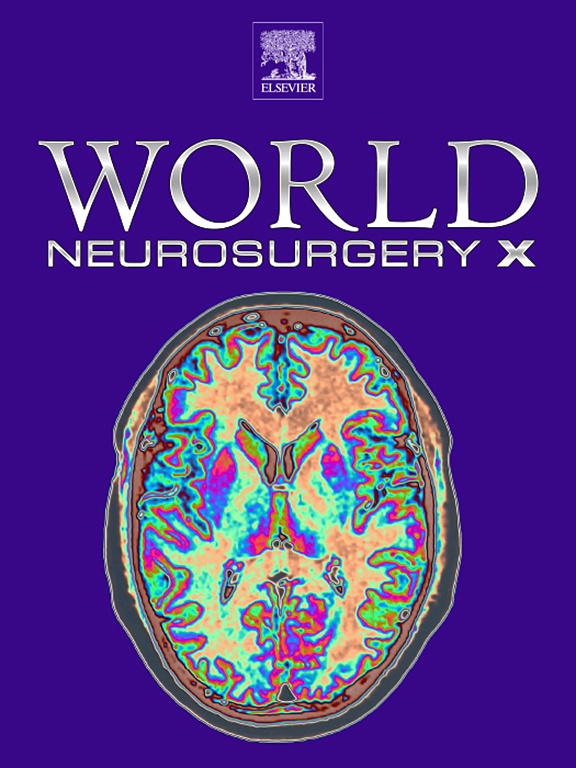
No Improvement in Dysphasia Outcomes with Bupivacaine HCl in Anterior Cervical Discectomy & Fusion

No Improvement in Dysphasia Outcomes with Bupivacaine HCl in Anterior Cervical Discectomy & Fusion
Local Retropharyngeal Space Anesthetic for Dysphagia Reduction after Anterior Cervical Discectomy and Fusion Surgery: A Single-Center, Prospective, Randomized, Double-Blinded, Placebo-Controlled Clinical Trial
World Neurosurg. 2021 Feb;146: e1377-e1383.Did you know you're eligible to earn 0.5 CME credits for reading this report? Click Here
Synopsis
One hundred and twenty patients undergoing 1- or 2-level anterior cervical discectomy and fusion (ACDF) surgery for treatment of cervical degenerative disc disease with disc herniation, radiculopathy, and/or myelopathy symptoms were randomized to receive a 0.5% bupivacaine hydrochloride solution or 0.9% NaCl normal saline solution which was injected into the retropharyngeal space. Primary outcomes...
To view the full content, login to your account,
or start your 30-day FREE Trial today.
FREE TRIAL
LOGIN
Forgot Password?
Explore some of our unlocked ACE Reports below!

Learn about our AI Driven
High Impact Search Feature
Our AI driven High Impact metric calculates the impact an article will have by considering both the publishing journal and the content of the article itself. Built using the latest advances in natural language processing, OE High Impact predicts an article’s future number of citations better than impact factor alone.
Continue



 LOGIN
LOGIN

Join the Conversation
Please Login or Join to leave comments.